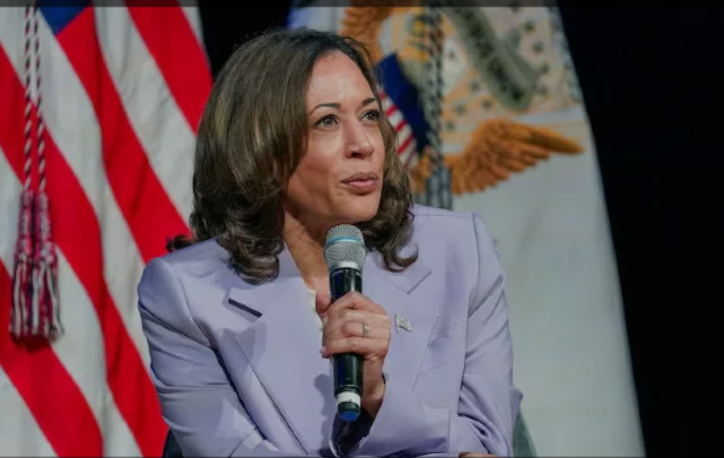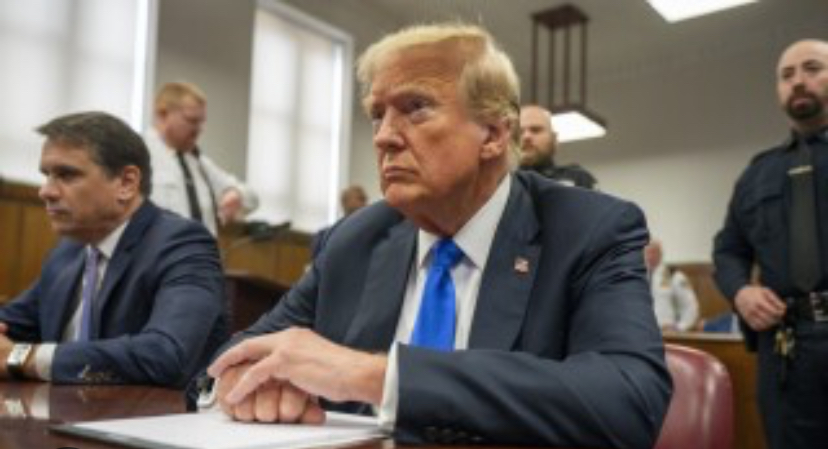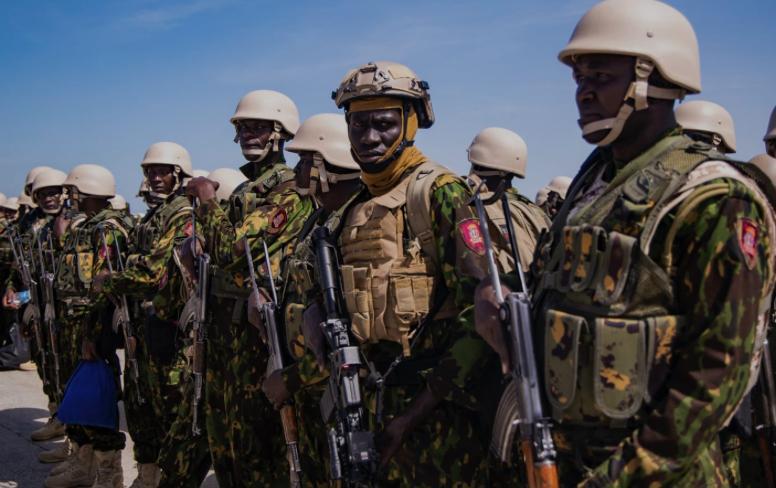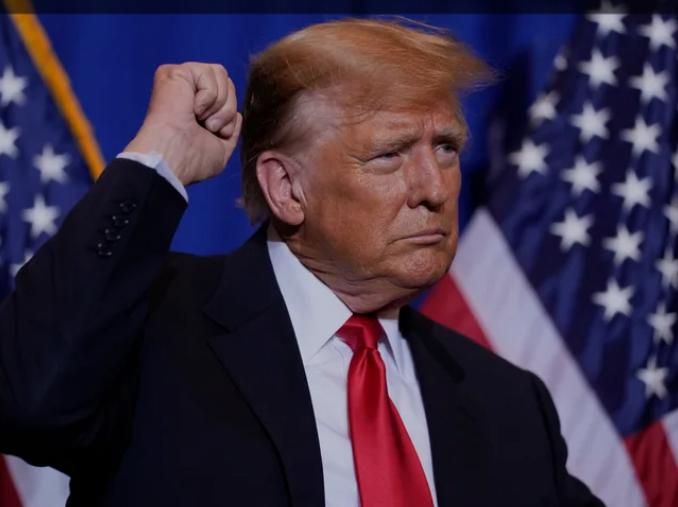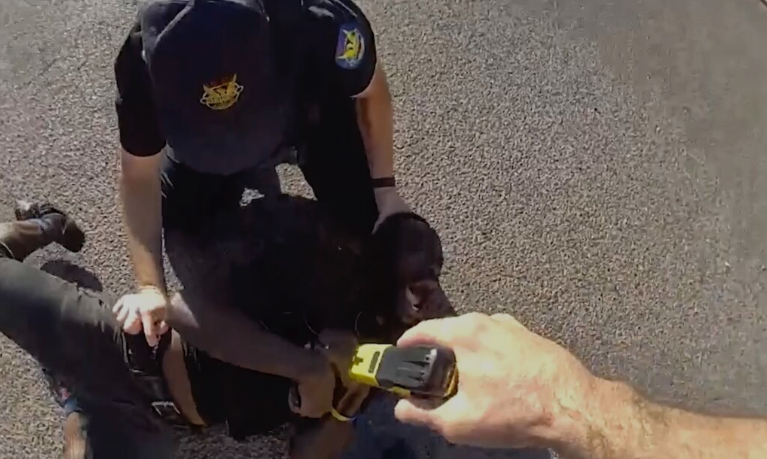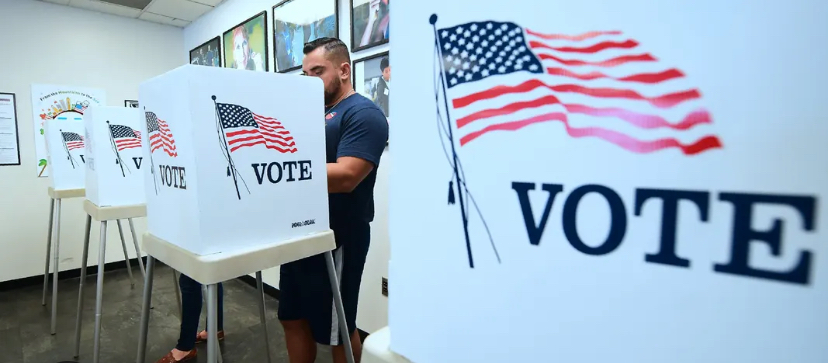
As the 2024 U.S. presidential election approaches, Americans are dealing with unprecedented levels of stress due to the high stakes and sharp divisions. Many voters feel trapped in a cycle of anxiety intensified by constant media coverage and fear of potential unrest regardless of the outcome. Psychologists explain that election-related stress is amplified by uncertainty as people grapple with questions about the country’s future and their own sense of control. High-profile candidates offering starkly different visions can magnify these concerns, leaving many voters feeling apprehensive.
Some people are coping by limiting their exposure to news and social media where they feel bombarded with political content. Mental health experts advise focusing on things within one’s control like voting or engaging in self-care routines such as mindfulness exercises or physical activity. For others, distraction and self-care are key with some people finding calm in cooking, reading or spending time outdoors. Researchers from UC Berkeley suggest that setting boundaries such as limiting conversations around politics, can help people manage their anxiety effectively. Encouraging voters to connect with community support or seek professional mental health resources are also recommended strategies to deal with the pressures of election season.
Reports also reveal that fears of post-election conflict are widespread. Polls show that many voters, especially Democrats are concerned about the potential for violence if results are disputed, echoing the unrest following the 2020 election. The American Psychological Association emphasizes that while fear is common during such high-stakes elections, individuals can mitigate its effects by practicing mindfulness, engaging in hobbies and maintaining physical health.


